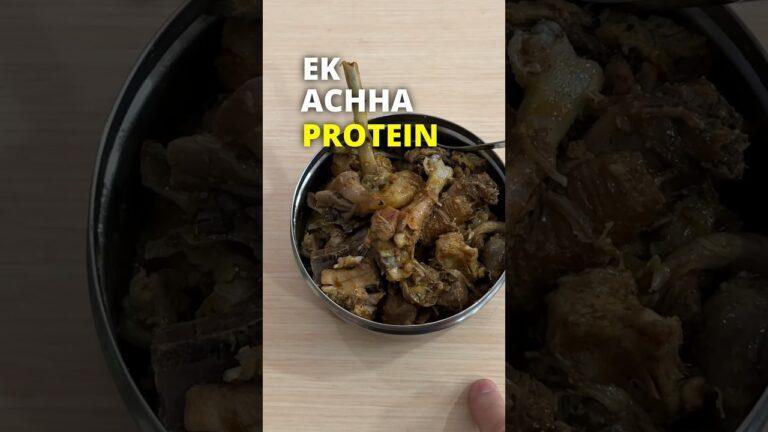This story offers me the warm fuzzies. Well, just to the extent torment likes business. The United Nations Food and Agriculture Organization is challenging organic misconceptions. Due to the fact that evidently consumers all over the world misconstrued the organic label. [Hint cheerful music.]
It’s a well-known reality that American consumers get the natural label wrong. And the FAO’s publication verifies that our counterparts in other countries have the exact same issue. Consumers incorrectly think about natural food more secure, much better for the environment, healthier, more healthy, pesticide-free, and better for farmers. None of those are always true (and to the degree it is true, it has nothing to do with being organic).
Deceptive marketing bears the most responsibility for these incorrect assumptions. The natural accreditation, where it exists, is all about utilizing “natural” inputs, instead of artificial inputs. It’s a quite lightweight distinction, and typically doesn’t make sense in real life. Let’s say we can draw out a chemical substance from dandelions and use it as a pesticide. Organic policies need the producer to actually draw out the chemical from dandelions. Standard farmers, nevertheless, can use a “artificial” variation– which is indistinguishable– from a lab.
FAO’s news release consists of some quite strong language:
Organic identifies depend on guidelines that prohibit or limit the usage of artificial fertilizers and agrochemicals, which is an attractive function for consumers, however pesticides that are physiologically produced by plants are still used in natural agriculture, and at high dosages they likewise might have unfavorable results on human health.
New FAO publication: Organic foods– Are they safer?, March 31, 2021, FAO
Check out that again. The FAO is validating what I’ve been telling people for several years– organic farmers use pesticides and they can be dangerous at the ideal levels! Incredible.
Before we get too thrilled, the FAO still assigns some doubtful advantages to organic farming, consisting of much better incomes for small farmers, food security, improved soil and water quality, and enhanced animal welfare. That might be the case in some regions of the world, but I wouldn’t agree those apply equally. And I would go so far as to say that it isn’t real in the United States.
Now I have not read the publication yet (hopefully I’ll discover time to do that and write another post on it– if you read it, make sure to comment with your thoughts). I’m amused they had to even do this. In the past, I’ve believed they put too much focus on organic farming. And now it appears like they have to stroll that back.

The United Nations Food and Agriculture Organization is challenging natural myths. Consumers falsely consider natural food much safer, better for the environment, healthier, more healthy, pesticide-free, and better for farmers. New FAO publication: Organic foods– Are they more secure? The FAO is verifying what I’ve been informing people for years– organic farmers use pesticides and they can be dangerous at the ideal levels! Before we get too ecstatic, the FAO still designates some doubtful advantages to organic farming, consisting of better earnings for small farmers, food security, enhanced soil and water quality, and improved animal well-being.




















